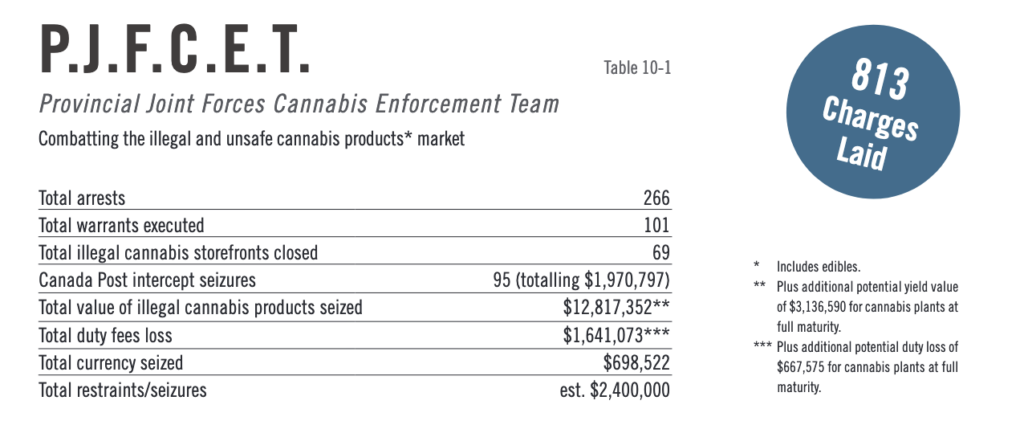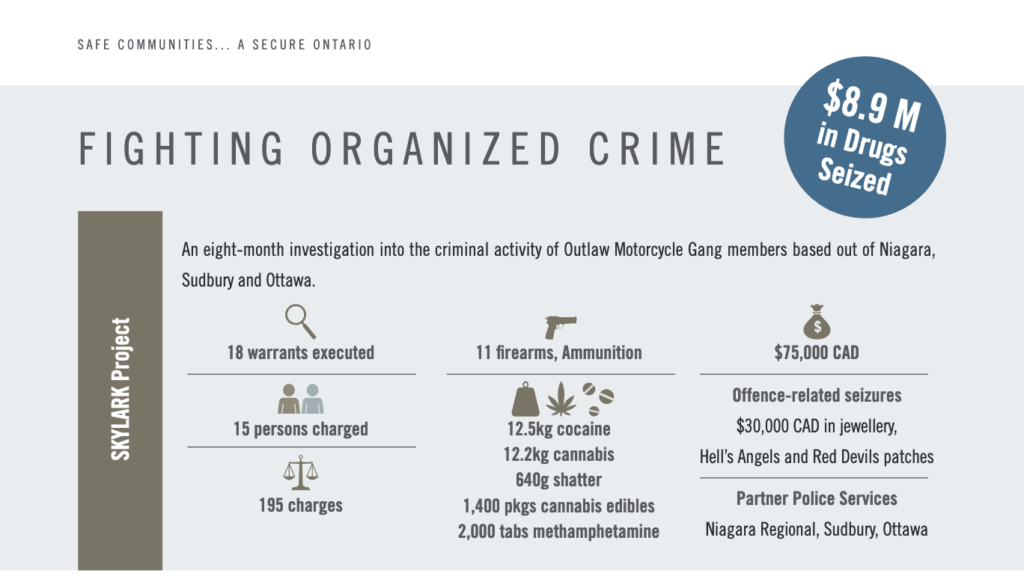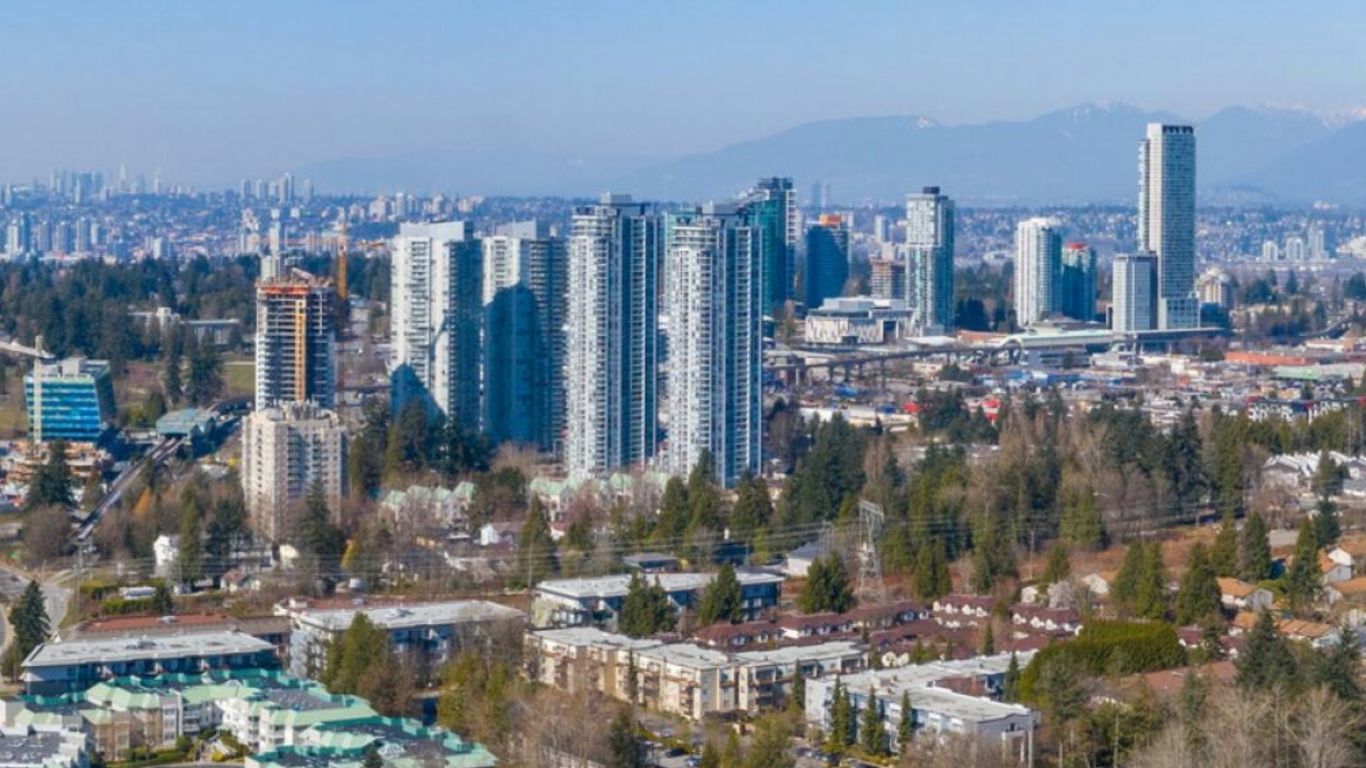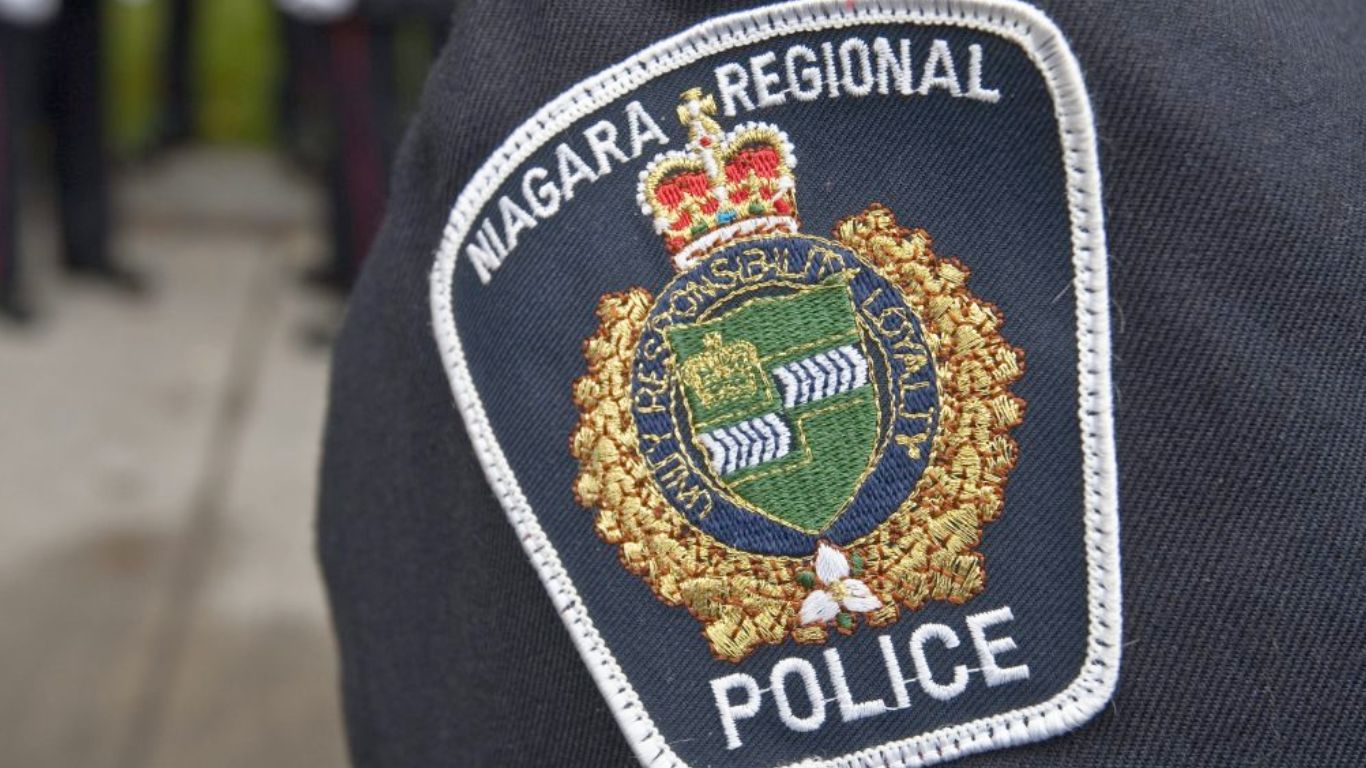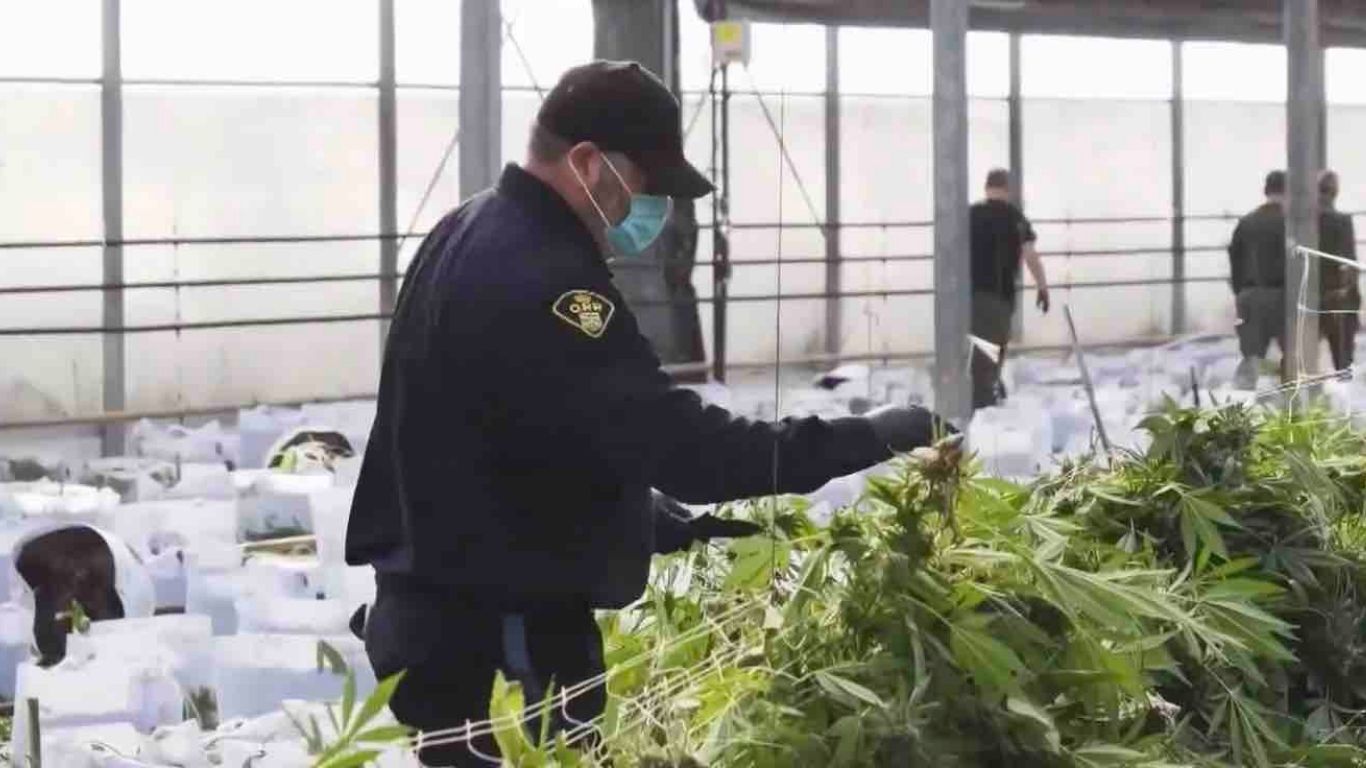
The Ontario Provincial Police say they have shifted their enforcement against illegal cannabis from storefronts to online platforms—by going after their suppliers.
In the beginning of legalization, the OPP focussed mostly on closing unlicensed cannabis stores, but as those numbers have declined, the shift has moved to large illegal grow operations, often operating under the guise of personal or designated medical licencses.
In a recent interview with a local morning show, Detective Inspector Jim Walker of the OPP Organized Crime Enforcement Bureau (OCEB) says the current focus for provincial law enforcement is targeting the growers helping to supply what they say are more than 1,000 illegal online retailers that Ontarians can order from.
“Our primary focus at the beginning (of legalization) was to… close the illegal storefronts here in Ontario,” explained Walker. “We did a very good job of that. What we did see was a shift to the online space and then we turned our focus to illegal supply.”
A representative for the OPP tells StratCann via email that they determine there are more than 1,000 of these illicit online cannabis businesses available to Ontarians “through open-source information that is publically available.”
“We do a lot of intelligence gathering right now,” continued Walker in his interview with CTV’s Your Morning. “On any given day there are roughly over 1,000 illegal online providers. What the public needs to know is that when we’ve been seizing this illegal cannabis, we’ve been actually having it independently tested and what’s interesting is it’s coming back obviously laced with pesticides and other contaminants, but actually some of the THC levels that’s being advertised by some of the illegal providers is actually lower…the consumer is actually getting ripped off.”
OPP Acting Media Relations Manager Bill Dickson responded to a request from StratCann for more information on these testing results, saying that testing results for dried cannabis and vape products seized under Provincial Joint Forces Cannabis Enforcement Team (PJFCET) enforcement operations will be released “in the near future”.
The BC government released such results earlier this year from several raids in that province showing 24 different pesticides, along with high levels of bacteria, fungi and heavy metals in many of the samples. The BC Cannabis Secretariat conducted a pilot project to test 20 dried cannabis samples that were seized from six illicit stores across Metro Vancouver by BC’s Community Safety Unit (CSU). The CSU is BC’s enforcement agency as it relates to illicit cannabis retail.
According to data provided to StratCann from the OPP, they have executed search warrants at 121 cannabis production sites since legalization (38 PJFCET led enforcement and 83 OPP Community Street Crime Unit (CSCU)/PJFCET Assist). The province has seized 384,197 cannabis plants in that time period (176,491 PJFCET led enforcement and 207,706 OPP CSCU/PJFCET Assist enforcement), along with 9,353,693 grams of dried cannabis (5,881,609 PJFCET led enforcement and 3,472,084 OPP CSCU/PJFCET Assist enforcement).
According to the OPP’s 2019 annual report, more than $12.8 million in products had been removed from the illegal cannabis market in the first year after legalization, Plus an “additional potential yield value of $3,136,590 for cannabis plants at full maturity. Nearly $2 million of these cannabis products were intercepted via Canada Post. OPP says they are working on their 2020 annual report, but no release date is available.
In his interview with CTV, Detective Inspector Walker says they are currently focused on enforcement of those abusing “loopholes” in Health Canada’s personal and designated medical cannabis production rules. Reference to these “loopholes” is a common theme among police and politicians discussing this issue. Many local, provincial, and federal politicians have called on Health Canada to allow greater enforcement of these kinds of grow operations that are not intended for commercial production.
Raids of these kinds of facilities have become common in Ontario in the past few years, often with very large yields of plants, dried cannabis, and derivatives like extracts or edibles.
“Right now our primary focus is again on the illegal production,” says Walker. “We’ve seen a very big spike in Ontario of individuals using Health Canada personal medical designations and using that to grow significant amounts of illegal cannabis. So a lot of our focus has been highlighting the loopholes in that legislation and where we can do better legally or legislatively in shoring up those loopholes.”

